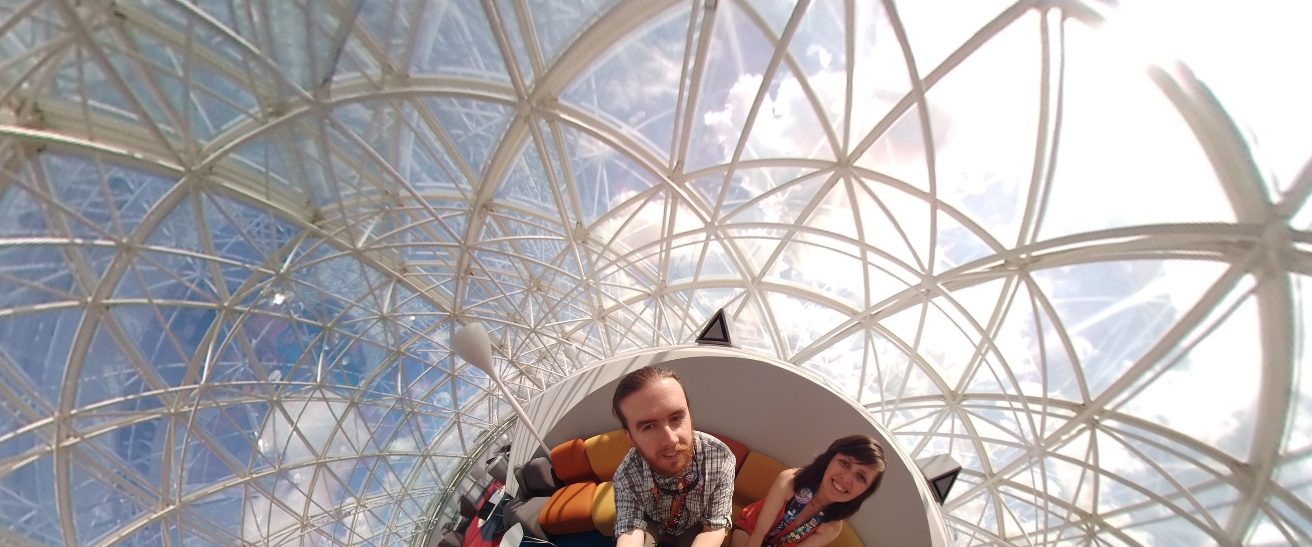If there’s a NASA/Space-flight equivalent of Holy Week, this is it. This is the week where we mourn the sacrifices, but also celebrate the hope that those sacrifices bring.
53 Years ago today, the crew of Apollo 1, Gus Grissom, Ed White, and Roger Chaffee were killed by a fire in their capsule during a test on the launch pad.
34 Years ago tomorrow, the Challenger 7, Scobee, Smith, Onizuka, Resnik, McNair, Jarvis, and McAuliffe, were killed when the Challenger broke up 73 seconds after liftoff on it’s 25th flight.
17 years ago this Saturday, Husband, McCool, Anderson, Chawla, Brown, Clark, and Ramon, were all killed when the Columbia broke up during re-entry after completing it’s 28th mission.
With every one of their sacrifices we got better, we got smarter, and we got more careful. Space isn’t our home, it’ll never be “safe” in the way that we’re used to. Over 30 years and 135 flights, 355 people flew on the Space Shuttle. The 24 Apollo astronauts who flew to the moon and back are tho only humans who have gone beyond low earth orbit. Every one of them knew about those who went before, and knew the risks they were taking, and chose to go anyway. (Personally, I think the crew of STS-1, Young and Crippen, may have been the bravest, when they climbed aboard Columbia to take a ride on a rocket that had never flown before.)
It’s easy to say how dangerous something is and choose not to do it. How much harder is it to know that three of your best friends were killed the last time they climbed into the capsule that you yourself are now climbing in to? No matter how many redesigns and modifications are made after every tiny issue that crops up, the very nature of climbing up a rocket and taking a trip beyond the air is danger. The rewards are, by all accounts, incredible, but the amount of work required to be one of the special few is almost unimaginable as well.
It’s possible that the greatest loss of the Challenger disaster was the cancellation of the Teachers In Space Program, and the idea that space had something to offer beyond simple science and engineering. It is understandable, at that time, why it was decided that the public perception caused by the possibility of a civilian, but we’ll never know what was lost in the leaving of the great adventure of space to those few elite who made it their life’s work. Bravery exists across the entire spectrum of humanity, and it is certain that there were teachers, and musicians, and dancers, and artists who would’ve accepted the risk gladly and shown us new sides of what it means to be human, and inspired us all to be braver and better. Maybe danger and risk is some part of inspiration, and by waiting until everything is safe we’ve lost an opportunity to create something truly new. Fortunately for us many Astronauts have taken up this mantle, and used what little free time and energy they have to work to inspire us and try and help us forget the immense danger of what they do in favor of opening our imagination and sense of wonder, and to honor the memory of those who were lost.
More people are going to leave this planet, many more, and more are going to die as well, but we’ll keep getting better, and it’ll keep getting safer, and someday you won’t think of anything of taking a ride on a rocket for a vacation or for work.
In the meantime, we should remember not only those who were lost, the daring crews of Apollo 1, STS-51-L, and STS-107, but all of the brave ones who have dared. Someday when it is considered normal for a person is able to book a vacation to the moon and watch the earth rise over the horizon, it will be upon their broad shoulders that we stand.
